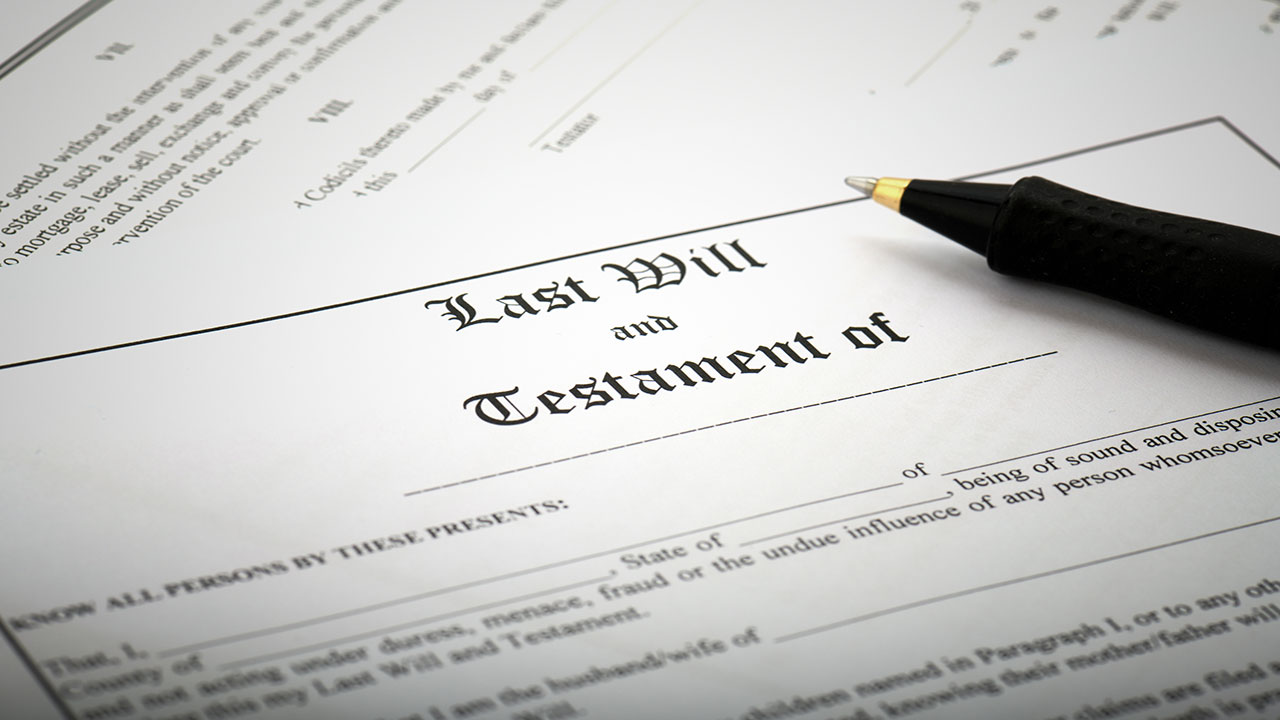What is an Estate Sale and How Does it Work?

An estate sale is the sale of a property of a recently deceased homeowner with the purpose of liquidating the home and all assets in it. While there could be any number of reasons to liquidate the property to free up cash, an estate sale usually happens when the owner passes away. Those who inherit the property will receive the proceeds from the sale.
That said, there may also be other potential reasons for an estate sale, also referred to as an “estate liquidation.” For instance, the surviving family members with stake in the property may be unable to agree on a decision about what to do with the property. In this case, a dispute might arise, forcing the situation to be resolved by the court. If this happens, the court will be the one to decide on an estate sale, after which the proceeds of the sale will be divided among the surviving members of the family.
Estate sales can also happen when the owner decides to downsize and liquidate everything, or when the deceased owner’s will requires a sale of all property assets.
Listings for estate sales typically stipulate that the property is being sold in “as is” condition, meaning the home likely has not been updated in a while and may need some improvements. Being sold “as is” means the seller will not be making any updates to the property before ownership changes hands.
Estate homes are often are priced well to accommodate for the fact that they require some improvements, which will cost money to do.
When Estate Sales Become Probate Sales

Many times the sale of a home and everything in it occurs when the owner dies without having a will in place or without naming any specific heirs. In this situation, the estate sale becomes a probate sale because the court will need to appoint a representative to handle the sale of the deceased owner’s property.
When an owner does not bequeath their property to anyone, the state usually steps in and deals with the sale of the home. As such, the court then assumes the responsibility of selling the home while adhering to specific regulations that must be followed during a sale like this, including the following:
- The estate representative can find buyers directly or list the property for sale with a real estate agent;
- The listing period cannot exceed 90 days (although extensions are possible);
- An accepted offer from a willing buyer must be approved by the court;
- A hearing date will be established by the court to confirm the sale, at which point other buyers may place their bids on the home;
- The initial accepted offer is the starting bid of the auction;
- The first overbid is subject to specific formulas to ensure a minimum bid amount;
- The court can set minimum bid amounts for subsequent bids;
- The court will only confirm the highest bid until its terms are deemed to be acceptable by the estate’s representative.
These rules are put in place in an effort to get the highest price for the estate. That said, the court has a lot of power in a probate sale and can disapprove a sale and require a new one if necessary.
Buyers often seek out probate sales because they are typically listed below market value. But with the auction-style bidding process, buyers will have to compete with other interested buyers to snag a property in a probate sale and may find themselves bidding pretty close to market value if the competition is fierce.
The Bottom Line
If you’re a buyer looking for a deal on a home, a probate sale might be a promising resource. But there are certain nuances that you need to be aware of if the property ends up being auctioned off in a probate sale. If you are considering purchasing a property that is being handled by an estate representative, be sure to team up with an experienced real estate agent who can help you navigate these waters and get the best price.


